Think Again: The Power of Knowing What You Don’t Know
£9.85£10.99 (-10%)
THE MILLION-COPY BESTSELLER
If you can change your mind you can do anything.
Why do we refresh our wardrobes every year, renovate our kitchens every decade, but never update our beliefs and our views? Why do we laugh at people using computers that are ten years old, but yet still cling to opinions we formed ten years ago?
There’s a new skill for the modern world that matters more than raw intelligence – the ability to change your mind. To have the edge we all need to develop the flexibility to unlearn old beliefs and adapt when the evidence and the world changes before us.
Told through fascinating stories, informed by cutting-edge research and illustratedwith amazing insights from Adam Grant’s conversations with people such as Elon Musk, Hilary Clinton’s campaign team, top CEOs and leading scientists, this is the ultimate guide to keeping your thinking fresh, learning when to question your ideas and update your own opinions, and how to inspire those around you to do the same.
Read more

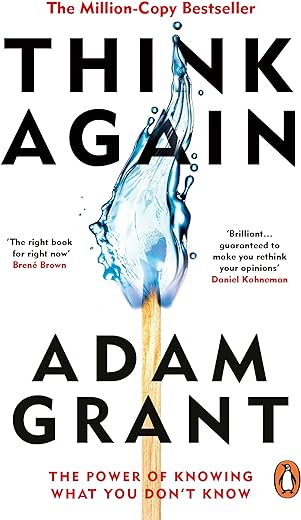
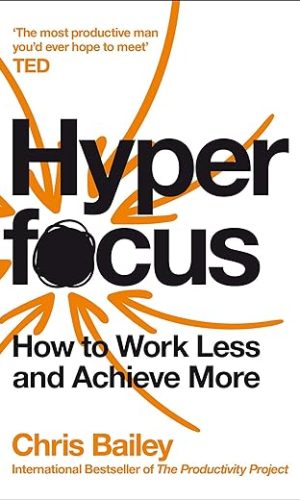
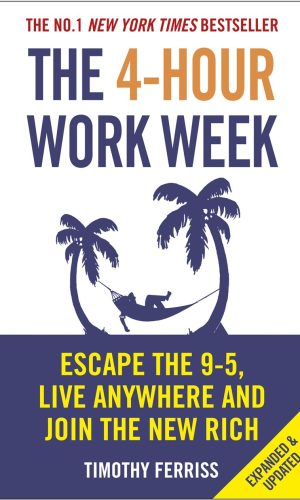
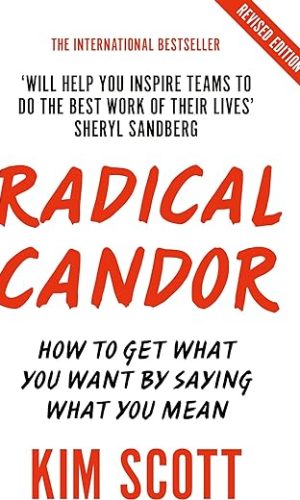
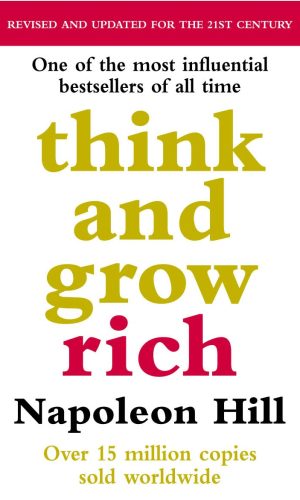
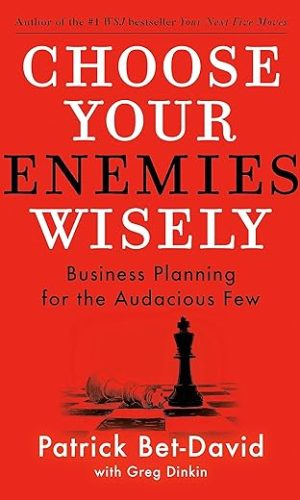
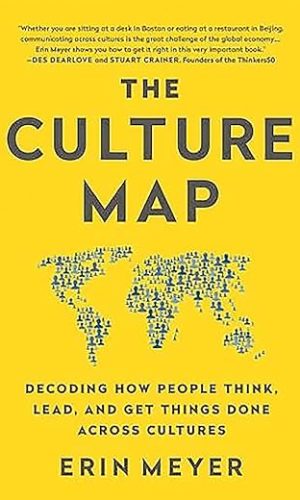
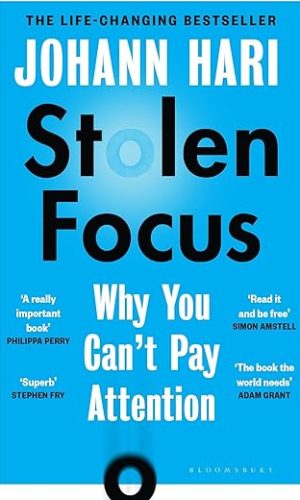
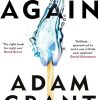
by Karen Tucker
In todays polarised world, I believe this book is one of the most important books anyone can read right now.
It discusses 3 areas; how to rethink your own assumptions, how to encourage others to rethink their assumptions, and how to encourage society to rethink assumptions.
It covers a lot, but the point that stuck with me the most is that things are never as simple as black and white. The grey area in between 2 binary options is where the most productive conversation takes place. An example from the book is gun control – this issue is not as simple as gun control or no gun control, its an extremely complex issue with an extremely wide grey area in the middle. The key is accepting that you don’t have to attach yourself to one of the binary options, it’s OK to accept that its a complex issue and that you can agree with points from both sides. This doesn’t mean you’re contradictory, it means you want to understand.
by Dr Nia D Thomas
Pre ordered book- paid full price arrived in bad condition with creases
by Aki A
I’d heard Adam Grant talking on his podcast and liked what he had to say, so I picked up the book with excitement.
The simple tenet of the book is that rethinking our plans, answers and decisions is a good thing and a fixed mindset closes us to opportunities and potentially better alternatives.
My enduring feeling having read the book is discomfort. Not because I don’t like what Adam says, but because, through a smile and gritted teeth, I agree with most of his ideas, opinions and perspectives. The problem is, he made me question the decisions I’ve made in work over the years and my modus operandi.
Adam talks about the Dunning Kruger effect, which is something I’d come across during my doctoral research. I was a little starstruck that not only was this something AG thought fit to write about, but he actually knew these scholars! The Dunning Kruger effect basically describes the phenomenon where people who think they’re highly capable are usually quite the opposite. Check out pg 38
I liked his description of how to deal with an argument and hostility. Instead of going head to head, you can rethink your position and sidestep. What a great way of viewing confrontation: a dance, where you can choose to parry, thrust or tango. You can step out of the discussion and talk about the discussion. By talking about the discussion instead of being in the discussion, it gives both parties the opportunity to gain perspective, and change perspective if they so choose.
Adam also talks about complexifying a problem. When two parties are at opposite ends of the pole, setting out the complexities of the particular issue can help parties recognise that this either/or argument about which they’ve been at odd actually has a number of other arms – more like the spokes of a wheel, if you will. It helps to diffuse this idea of ‘my way or the highway’ and helps people rethink, reach agreement on some elements and compromise on others.
My main take home from the book is this idea that it’s good to question our own decisions. Adam gives lots of data and examples of where this has paid dividends and consistently yielded better results. If one day we’ve said something is red and tomorrow we’ve reflected on the data, rethought it and tomorrow say it’s pink, that’s ok.
One thing I’ve held on to over the years is my consistency of opinion. There are many occasions where colleagues have asked me something or other about an issue from a few days ago and I’ve found myself with no memory of it (at least not in the way they describe), and I’ve given them the same answer twice. I’ve always thought, phew!… what I lack in instant recall I make up for in consistency. But if you read Think Again, flexibility is valued over consistency. Getting it right is valued over getting it to match.
Henceforth I shall take a new approach and consider that a change of direction from north to north west is not about having gotten it wrong the first time, but about thinking again and coming up with a better idea. As Maya Angelou said, ‘Do the best you can until you know better. Then when you know better, do better.’
Good book. If you want to step out of your comfort zone and learn something about yourself and others, this book is worth a read. It felt like a long read, but the fact I read the whole thing in Adam’s voice may have had something to do with it (the joy of podcasts)!
by Robert ‘Bob’ Macespera
In the book “Think Again” Adam Grant takes us through the process of why, in life we need to think about our brief systems, our confidence in certain subjects and use this in business as well as our social life. If we all thought more deeply, while we might agree to disagree, maybe thinking again would help us understand other people better.
Some of you may recall the Space Shuttle Columbia disaster on February 1, 2003, when the Space Shuttle Columbia (OV-102) disintegrated as it reentered the atmosphere, killing all seven crew members. Without going into the some of the detail technical details, some of the tiles on the outside of the shuttle fell off when it took off. But this had happened before and so people thought “so what? they have fallen off before, why does it matter?” In this case the result of the tiles falling off was fatal.
Adam also talks about the Dunning–Kruger effect which is a cognitive bias where people will overestimate their ability. Adam goes onto say “If we’re certain that we know something, we have no reason to look for gaps and flaws in our knowledge – let alone fill or correct them.”
Adam also talks about research where rival American Football teams worked together to try and create a level of co-operation after generations of ingrained rivalry and aggression.
Certainly worth a read.
by Aki A
Came with a scratch indent on the back of the book
by @Timothy_Hughes
Easy read. Has tips and tools on how to adopt a mentality for humble learning and revisiting and always keep asking why? And would you do anything different? Approachable and highly applicable to work and life alike.
by Anu B.
What a mind-opener! Confirmed some of my thought processes, challenged others, and showed me new and better ways to discuss ideas and opinions with others.
Interestingly, some of the top managers where I work are also reading this book and finding it useful. I look forward to seeing the results!
by Anu B.
First, a note on the hardback edition. To put it bluntly: the book (in said edition) is bloated to look bigger, thicker. The font is (unnecessarily) large, the space between the lines is ample, the divisions of chapters too frequent. Etc. It’s an edition made so the book looks bigger, perhaps thinking the bigger the book, the better it is. Yet this thinking goes against a maxim in literature: the good, if brief, is twice as good.
On the content, no major complains. The books reads well and it is obviously written by an expert and passionate author. Yet it is too diverse, and in the end the point of the whole text gets somehow lost. This is a self-help treaty, a know-yourself better publication and a psichology volume – all in one and never fully settling for one of these fields. It is a good work, but the reader does not find a clear line to follow or fall for.
In conclusion: a worthy read of a few interesting (and helpful) ideas, marred by undefinition and, I’m afraid I must insist, an edition that seems to be made to impress the reader.